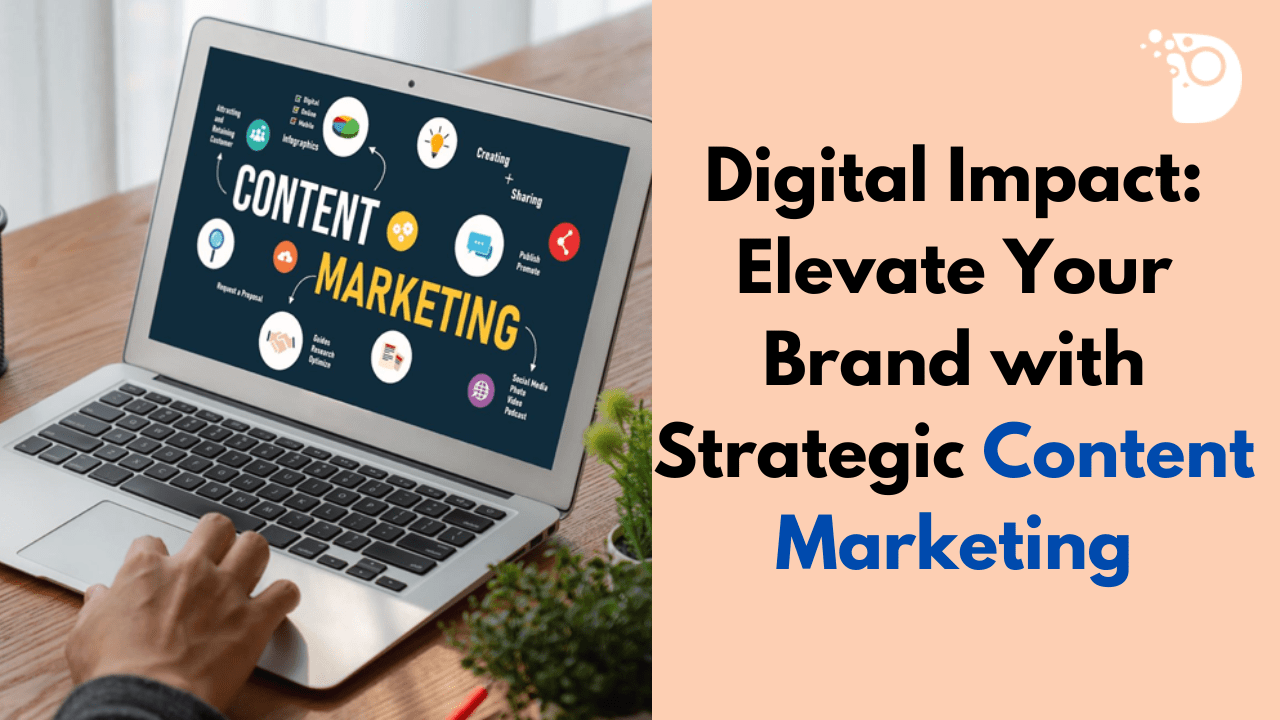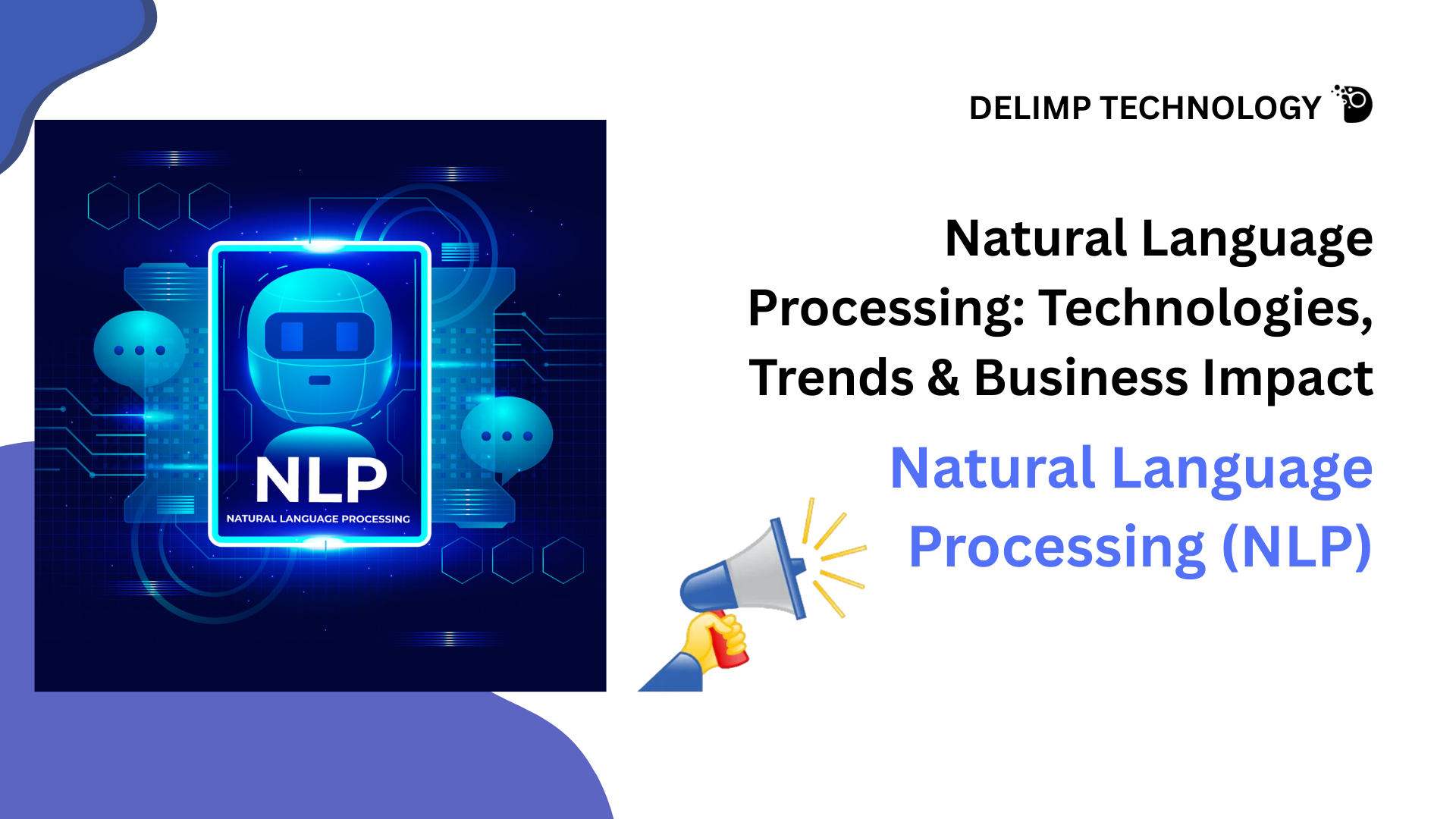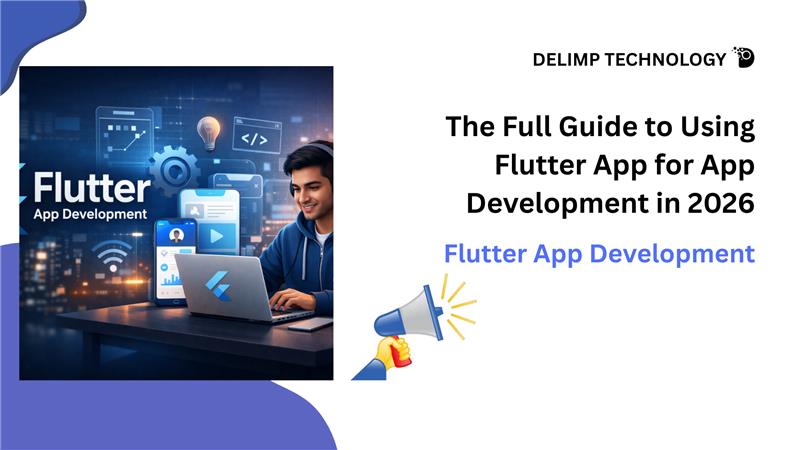Content marketing is focused on creating and distributing audience specific materials for promotion and outreach. The answer to these questions lay a foundation for forming a strategy for your content marketing efforts. You already know that the benefits of content marketing lies in establishing trust with your audiences, building authority, generating leads and boosting conversions. An impactful strategy here provides an effective roadmap for achieving these goals.
If you are a content marketer, then you would have surely pondered over the questions like
“Why are we producing this content?”
“What type of content should we produce?”
And “Which demographics are we aiming to engage?
In this article, you will learn about strategic content marketing and how it helps in enhancing your brand.
Understanding Strategic Content Marketing
Content marketing is simply producing and distributing significant, pertinent, and consistent content to captivate and retain a clearly defined audience. Strategic content marketing takes this concept a step further by aligning content efforts with overarching business goals, target audience preferences, and market trends. It involves careful planning, research, and execution to deliver content that resonates with the audience and drives desired outcomes.
How Strategic Content Marketing Helps Brands?
Let’s delve into the ways in which strategic content marketing assists brands to thrive.
Building Brand Authority and Credibility
One of the primary benefits of strategic content marketing is its ability to establish brand authority and credibility in the eyes of consumers. By consistently producing high-quality, informative content that addresses the needs and pain points of their target audience, brands can position themselves as trusted experts in their industry. Whether it’s through blog posts, whitepapers, case studies, or educational videos, valuable content helps build rapport and trust with potential customers, making them more likely to engage with the brand and ultimately convert.
Increasing Brand Visibility and Awareness
In a digital world dominated by social media, search engines, and online communities, brand visibility is essential for attracting new customers and expanding reach. Strategic content marketing allows brands to increase their online presence and visibility by creating content that resonates with their target audience and gets shared across various platforms. By leveraging SEO techniques, social media promotion, and influencer partnerships, brands can amplify their content reach and raise awareness of their products or services among a wider audience.
Driving Customer Engagement and Loyalty
Engaging with customers on a personal level is crucial for building long-term relationships and fostering brand loyalty. A content strategy enables brands to connect with their audience on a deeper level by delivering content that educates, entertains, or inspires them. By fostering two-way communication through comments, shares, and likes, brands can create a sense of community around their content and encourage ongoing engagement and interaction. This not only strengthens brand loyalty but also increases customer lifetime value and advocacy.
Generating Qualified Leads and Conversions
Ultimately, the goal of strategic content marketing is to drive tangible business results, such as generating leads and conversions. By delivering relevant, valuable content to their audience at every stage of the buyer’s journey, brands can nurture prospects and guide them through the sales funnel towards conversion. Whether it’s through gated content offers, email nurture campaigns, or targeted advertising, strategic content marketing helps brands capture and qualify leads, ultimately leading to increased sales and revenue.
Measuring and Optimizing Performance
One of the key advantages of digital content creation is its measurability and trackability. Brands can leverage analytics tools and performance metrics to monitor the effectiveness of their content marketing efforts in real-time. By analyzing metrics such as website traffic, engagement rates, conversion rates, and customer feedback, brands can gain valuable insights into what’s working and what’s not, allowing them to refine their content strategy and optimize performance for better results.
Conclusion
Strategic content marketing has the power to elevate your brand and drive meaningful impact in the digital age. By creating valuable, relevant content that resonates with your audience, building brand authority and credibility, increasing visibility and awareness, driving engagement and loyalty, generating leads and conversions, and measuring and optimizing performance, brands can leverage the full potential of content marketing to achieve their business objectives and stand out in a competitive marketplace. With a strategic approach and a commitment to delivering value, brands can unlock new opportunities for growth, differentiation, and success in the digital era.
Frequently Asked Questions (FAQs)
Q1. What is content marketing, and why is it important for my brand?
Ans: Content marketing involves creating and distributing valuable, relevant content to attract and retain a defined audience. It’s essential for your brand because it helps build trust, credibility, and loyalty among your audience while also driving profitable customer action.
Q2. How can I identify the right content marketing strategy for my brand?
Ans: Start by understanding your target audience, their needs, interests, and pain points. Conduct market research, analyze competitor strategies, and define clear goals for your content marketing efforts. Your strategy should align with your brand identity and business objectives.
Q3. What types of content should I create?
Ans: The type of content you create depends on your audience preferences, industry, and goals. It can include blog posts, articles, videos, infographics, podcasts, case studies, whitepapers, social media posts, and more. Experiment with different formats to see what resonates best with your audience.
Q4. How do I ensure my content is engaging and valuable to my audience?
Ans: Focus on providing relevant and insightful information that addresses your audience’s needs and challenges. Use storytelling, visuals, and interactive elements to make your content more engaging. Incorporate data, statistics, and examples to back up your points and establish credibility.
Q5. How do I distribute my content effectively?
Ans: Utilize a multi-channel approach to reach your audience where they are most active. This can include your website, blog, social media platforms, email newsletters, guest posting on industry websites, and collaborations with influencers or other brands. Tailor your distribution strategy to each platform for maximum impact.





